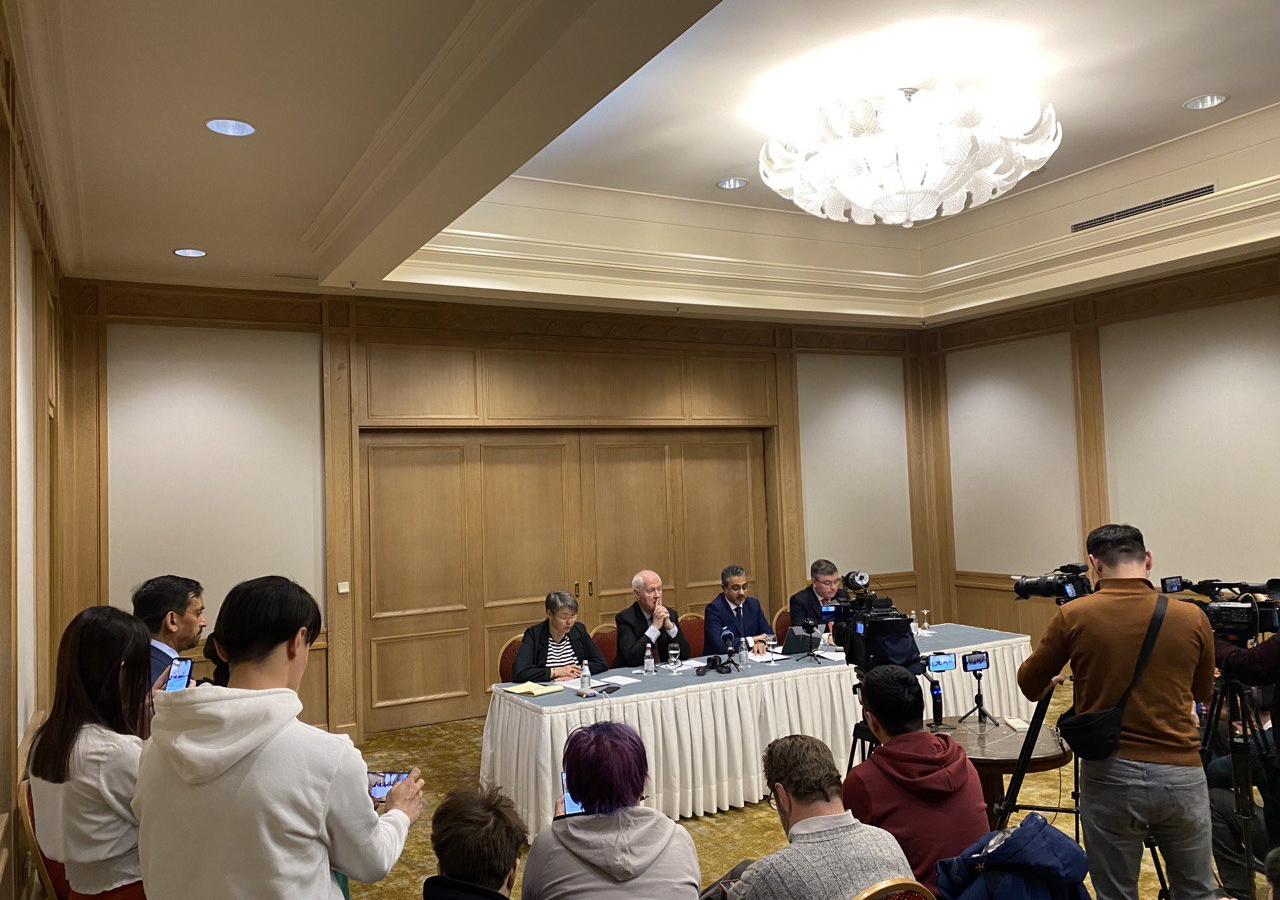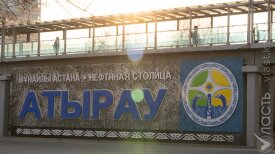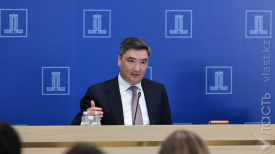On January 20, an independent commission from the United Kingdom called for a press conference in Almaty to clarify their position regarding the refusal of the Kazakhstani government to hold meetings in relation to the ongoing trial against political activist Zhanbolat Mamai, the leader of the unofficial Democratic Party.
Tayab Ali, a partner at the Bindmans law firm, introduced two of the three members of the commission and lodged criticism towards the Kazakhstani authorities for first agreeing to hold high-level meetings and then canceling at the last minute.
The delegation from the UK traveled on January 15 after having had a series of meetings with the Kazakhstani embassy in London, which had arranged meetings with deputy foreign minister Roman Vassilenko and the Chair of the Committee on Foreign Affairs, Defence and Security of Parliament, Aigul Kuspan.
At the press conference, the members said the commission was created upon private initiative and that they act independently of the British or Kazakhstani governments, the Bindmans law firm, or the private citizens of Kazakhstan who funded the work of the commission.
Answering a question posed by Vlast, Ali said the names of those who fund the investigation will be not be revealed for the time being, “mostly for security reasons, given the context in which this court case is being held.”
Lord Macdonald, one of the commissioners and former chief prosecutor in England and Wales, said the commission will publish a report as soon as it has gathered enough evidence. Alongside the report, Ali also promised that the evidence material gathered will also be publicly available.
Robert Buckland, one of the commissioners and member of the British parliament, said: “We are British parliamentarians, but we are also lawyers,” highlighting the prominence of the composition of the commission.
Kate Goold, a partner at Bindmans, highlighted how the fact-finding mission in Kazakhstan had already yielded results. The commission was already able to talk to more than 40 witnesses of the events of Bloody January, including victims and their relatives. For the commission, “the context of the events of Bloody January is important, because Zhanbolat Mamai was charged with crimes related to these events.”
Mamai’s lawyer, Zhanara Balgabayeva, argued that the trial against his client is politically motivated, and that Mamai has been persecuted politically since 2016. “The only difference between his detention in 2016 and his detention last year is that in 2022 he was not a victim of torture or ill-treatment while in detention.”
The commission said they will continue to try to hold meetings with the government and law enforcement officials in Kazakhstan. They said their goal was to come to Kazakhstan to listen to all sides.
Поддержите журналистику, которой доверяют.








